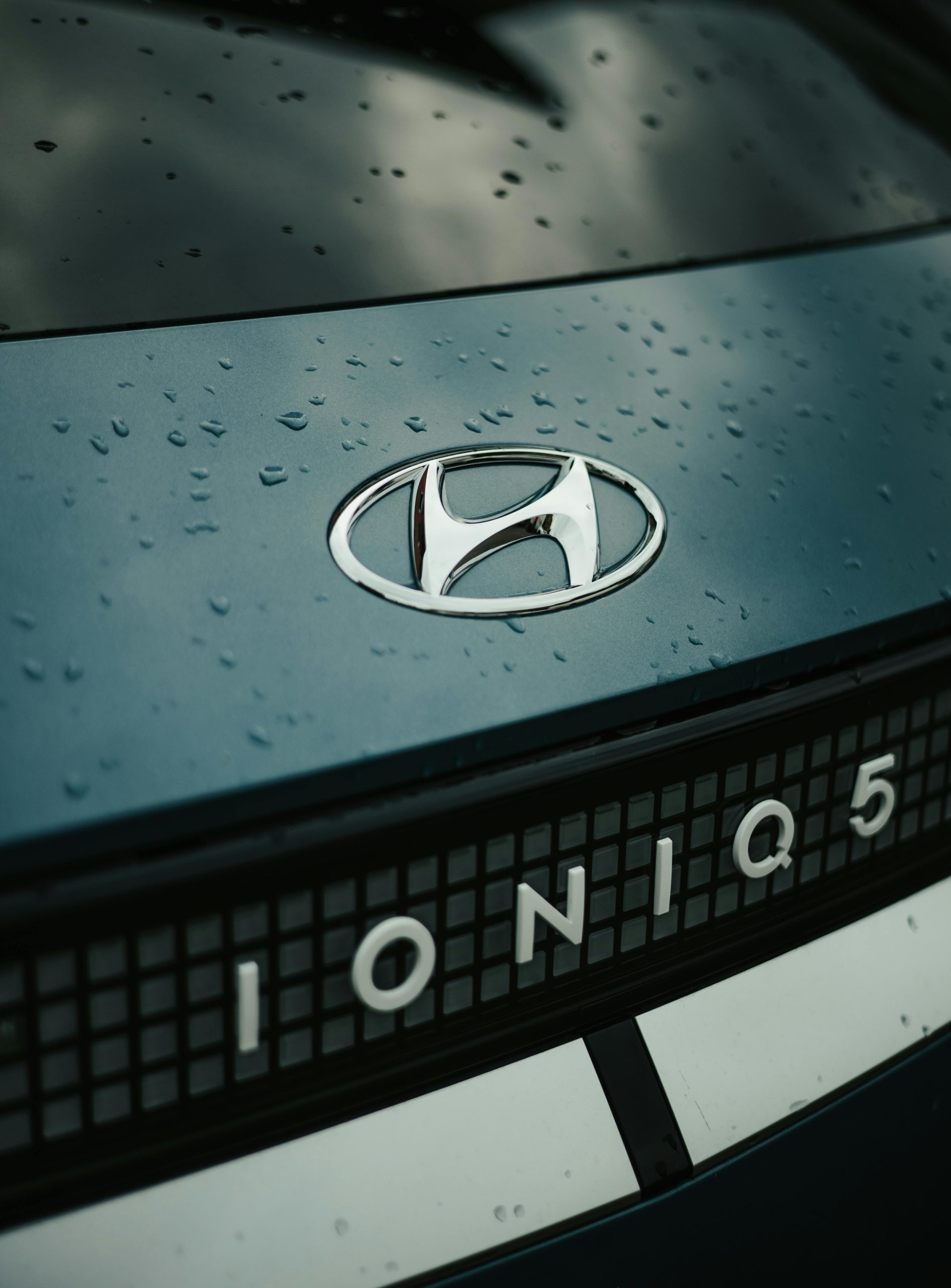Evaluating the Pros and Cons of Dropping Collision and Comprehensive Coverage on Older Vehicles
As vehicle owners with older cars, many of us consider whether maintaining comprehensive and collision insurance is worth the cost, especially when the cars are aging and their value diminishes. If you own vehicles that are around 15 years old—such as a Subaru Outback and a Mazda 3—it’s worth examining the potential advantages and drawbacks of dropping these types of coverage.
Understanding Your Insurance Options
In California, many drivers with older vehicles evaluate their insurance policies carefully. Collision and comprehensive coverage typically protect against damages from accidents, weather events, vandalism, or theft. However, as the vehicle’s market value decreases over time, the payout in case of a claim may no longer justify the premium costs.
Key Considerations Before Making a Decision
-
Financial Impact of a Claim: With older vehicles, the insurance payout in the event of a total loss might be minimal, possibly not covering the cost of repairs or replacement. It’s important to assess whether the potential savings on premiums outweigh the risks of out-of-pocket expenses imposed by accidents or damages.
-
Insurance Premium Savings: Dropping comprehensive and collision coverage can lead to lower insurance premiums, which may be appealing if you’re comfortable handling repair costs independently.
-
Liability Coverage: Remember that even if you cancel comprehensive and collision, maintaining liability coverage is typically mandatory. It protects you financially if you’re at fault in an accident involving others.
-
Usage and Storage: Consider how often and where the vehicles are parked. If the cars are stored securely and seldom driven, the risk of theft or collision incidents may be lower, possibly reducing the need for comprehensive coverage.
Expert Recommendations
Many insurance professionals suggest that once a vehicle’s replacement cost drops below a certain threshold—often around the vehicle’s current market value—it may no longer be cost-effective to carry collision and comprehensive coverage. However, this decision should also consider personal financial resilience; some owners prefer peace of mind knowing they’re protected against unexpected expenses.
Final Thoughts
Deciding whether to drop collision and comprehensive insurance on older cars depends on your specific circumstances, including vehicle value, driving habits, and financial comfort. It’s advisable to consult with your insurance provider to understand how such a change might affect your coverage and to evaluate the best approach for your family’s needs.
Disclaimer: This information is for general guidance and does not substitute professional financial or insurance advice. Always review your policy details and consider consulting an insurance expert before



